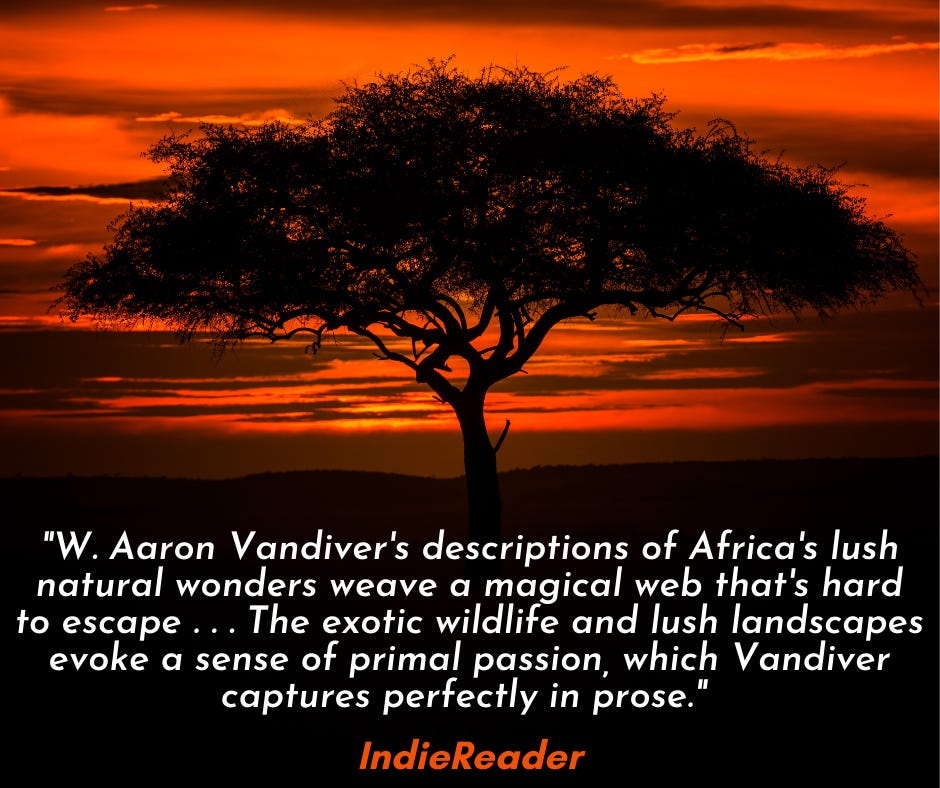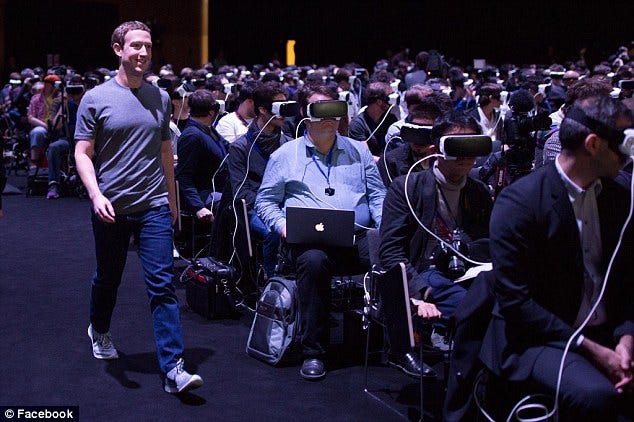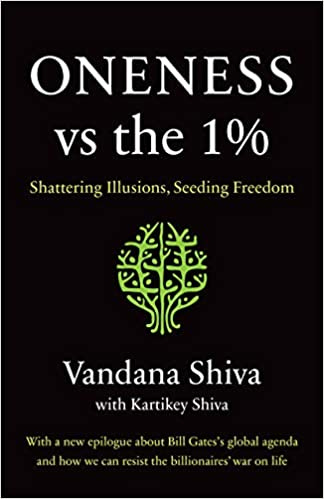Book Update
Several editorial reviews of Under a Poacher’s Moon have come in.
Here’s the full review from Kirkus:
“An American woman looks for adventure on safari and instead finds a passion for a cause in Vandiver’s debut novel.
Anna Whitney saw her marriage fall apart after an unspeakable tragedy that she can’t bear to think about. Since then, she’s made increasingly dangerous and reckless decisions, leading up to her current trip on a remote safari in South Africa. She finds herself drawn to the handsome guide, Chris, who has his own sad secrets. On safari, Anna witnesses great beauty in the form of elephants, rhinos, hyenas, black mambas, and others; throughout, Vandiver offers gorgeous descriptions of the African landscape, showcasing wildlife as worthy of respect and awe. Along the way, Anna learns about nefarious poachers who are causing great harm to local animal species. One night, Anna and Chris hear the horrible cries of an animal in distress, and they run out to find that poachers have attacked a rhinoceros mother and calf for their horns. Anna is filled with fury and a desire for revenge, so she and Chris head into the wild on a journey more dangerous than either could imagine. However, it turns out that not all is as it appears, and Anna will soon discover that assumptions can prove deadly. Vandiver has carefully and cleverly crafted a tale with an endearing and relatable protagonist. Over the course of the tale, the author not only draws on his experience and knowledge of the story’s landscape—he’s an attorney and conservationist—but also shows a great ability to delve into a varied range of human experience. He treats all his characters with notable empathy, effectively showing how one’s perspective is shaped by one’s choices and circumstances. This is not a straightforward good-versus-evil story, but it is a complex and engaging one.
An exciting and thought-provoking work that will stay with readers.”
It’s certainly a pleasure and a relief to get a few good reviews, after all the time and work that goes into writing a book. More editorial reviews will be rolling in soon, and Under a Poacher’s Moon will be on NetGalley from December through April for additional reviews.
I also have a beautiful new website built by one of the best developers of sites for writers, Ilsa Brink.
Street Team
Thanks to everyone who has volunteered to be on my “Team,” to help promote the book when it’s published on February 1, 2022. We will be in touch through email between now and then. Anyone else who wants to volunteer to help spread the word, please email me.
Essay - The Planet and the Metaverse
In my last post, The Dangers of Doing Good, I touched on a powerful trend in our society toward non-democratic and authoritarian/totalitarian methods of “doing good.” The essay resonated with a number of readers who contacted me.
With Mark Zuckerberg’s recent announcement of “The Metaverse,” I’ve been thinking more about how social media as a technology drives discourse in such a way that human rights, civil liberties, individual freedoms, and democratic processes are increasingly brushed aside as quaint, outdated notions standing in the way of ‘progress’ and the ‘greater good.’
As a technology, social media tends to warp perceptions of reality. It can create in the mind of its users a world that is black and white, good and evil, our side vs. their side—with the good guys and bad guys picked by algorithm—a situation which is ripe for exploitation.
Perhaps we should not be surprised that machine intelligence built on 1s and 0s perpetuates a binary view of the world. Algorithms can turn the outrage on and off, up or down, but cannot express a subtle, humane understanding of the world in all its complexity.
Social media mimics and even intensifies the blunt psychological effects of being swept up in a mass social movement. Eric Hoffer, a longshoreman on the docks of San Francisco in the 1940s and 50s who wrote social philosophy in his spare time, including the classic, The True Believer: Thoughts on the Nature of Mass Movements, said “When we lose our individual independence in the corporateness of a mass movement, we find a new freedom—the freedom to hate, bully, lie, torture, murder, and betray without shame or remorse.”
Just last week I saw a story on social media about a poacher in South Africa who was trampled to death by elephants. As usual, Twitter and Facebook were full of predictable, gleeful celebrations of the man’s death—responses like “Awesome!!” and “Yesssss!!!” and video memes of laughing, dancing, clapping, etc.—all posted by well-fed westerners sitting in their comfy homes, cheering on the gruesome death of a person whose desperate life circumstances they don’t begin to understand. It is understandable to want to see the poachers stopped, but this is a man’s life we’re talking about. (In what other context is it okay for Americans to celebrate the death of a poor African man, or any other person, in this way?)
This same vindictive, cruel, hysterical, unthinking, sanctimonious, herd-like impulse seems to animate most online discourse about major social issues.
Now, ominously, we have the option to “live” even deeper inside this bizarro technological world, and to separate further from the real world, in the Metaverse.
In the Metaverse you can have a fake identity (while you are surveilled and your personal data is gathered) and socialize with fake friends (while you remain physically separated from real friends) in a world of fake freedom (while your real life is more rule-bound, regulated, and restricted); you can live in a fake mansion (while Zuckerberg lives in a real one, and BlackRock and other Wall Street banks buy up private housing); you can enjoy a fake pristine environment (while the real one is further devoured and degraded); and you can engage in fake crusades against whomever the algorithm tells you to attack (while the truly guilty parties deflect and distract). God only knows what sorts of conflicts, manias, hysterias, wars, rackets, frenzies, lockdowns, persecutions and purges this technology will stimulate among the crowd of people who subsume themselves further into a digitized, imaginary world manipulated by Zuckerberg and his buddies in the real one.
I once met one of these guys at a conference in Aspen. Long hair, smarmy attitude. He was bragging about his virtual reality startup, for which he had raised many millions of dollars. He claimed his virtual world was indistinguishable from actual reality. I asked him if he had tested the psychological effects on users? His eyes got wide and he said “No, no, no,” and took a step back. “Did Facebook test its psychological effects?” he cried.
The techies who have built this bewildering, digital anti-world possess a strange power over billions of human minds. And what are they using it for, exactly? Perhaps one of the oddest beliefs is that this collection of weird billionaires—Zuckerberg, Gates, Bezos and the other usual suspects, plus the giant corporations, big banks, government agencies, and huge NGOs in their orbit—are going to use their power to ‘save the planet.’
Is it more likely that they will ‘save the planet,’ or that they will continue to use their incredible technological power to surveil the population and mine its data for profit, divide people into opposing camps, and engineer their algorithms to direct fear, outrage, and hatred where it most suits their interests, while they keep more of the planet for themselves? Global billionaires just so happen to have doubled their already astronomical wealth since March 2020, notably with tech and healthcare billionaires posting the biggest gains, while the rest of society has been upended. Seems a bit fishy, does it not?

We cannot trust these people and their machines to tell us who is good, and who is bad, and who is to be stripped of their rights, or which facts are true and which are false. We certainly cannot trust them to ‘save the planet.’
And we should also be wary of those in high places who attack Zuckerberg and Facebook not in order to end the abuses, or to bring these technologies under the control of the democratic process, or to ensure free speech, but rather to seize control over the levers of this technology’s power to censor.
I think one of the most positive things we as individuals can do in the face of this problematic technology, in addition to taking concrete steps to limit its influence over our lives, is commit ourselves to humane solutions to the world’s most pressing problems. Professor Jem Bendell is one of the few leaders I know of in the environmental movement who has unequivocally called for a disavowal of authoritarian solutions to the global ecological crisis, and to the pandemic and other social problems, and for a firm commitment to citizen-led, human-rights-based approaches. He writes: "As more storms gather for humanity, fair-weather friends of rights and justice will be no friends at all. However, it is not inevitable that we will all crumble into slaves and persecutors."
What I’ve Been Reading / Watching
I’ve been enjoying Paul Kingsnorth’s recent Substack essays about what he calls The Machine, i.e. global technological-industrial civilization.
Professor Jem Bendell’s writings remind us to commit ourselves to humane, non-authoritarian solutions to social and ecological challenges.
Eric Hoffer, The True Believer: Thoughts on the Nature of Mass Movements is one to have on the shelf.
Vandana Shiva, Oneness vs. The 1% provides a much-needed critique of the billionaire planet savers. “In Oneness vs. the 1%, Vandana Shiva takes on the billionaire dictators of Gates, Buffet, and Mark Zuckerberg, as well as other modern empires like Big Tech, Big Pharma, and Big Ag, whose blindness to the rights of people, and to the destructive impact of their construct of linear progress, have wrought havoc across the world.”
Matt Taibbi, Hate, Inc. I haven’t read this yet, but it looks like a good one. “Part tirade, part confessional, Hate Inc reveals that what most people think of as ‘the news’ is, in fact, a twisted wing of the entertainment business. In the Internet age, the press have mastered the art of monetizing anger, paranoia, and distrust.”
I have a few fiction eco thrillers I’m either reading or about to read, which I will be reviewing.
The World Series - Go Braves!












